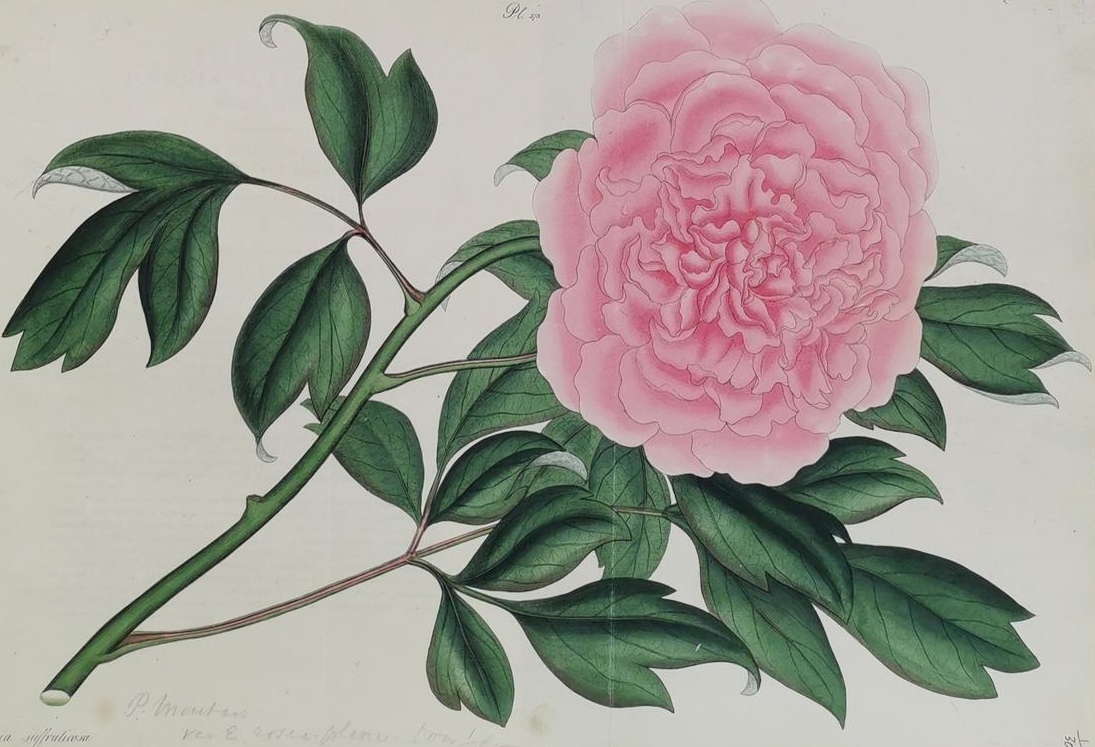
Image: © Manchester Museum, The University of Manchester
Rialto Blues
In May I take the train from Genoa to Venezia Santa Lucia, but I am late, and see you before you see me, standing on the bridge, face hard as Istrian stone. What irony that we should reunite in Venice with its web of artifice—wrecked by seawater, by neglect, and the constant threat of flood. After all, there is no way to reverse damage once rot sets in; or stave off deterioration with a belated anniversary weekend. No one says the word affair. After night litanies of reconfigured vows, near touch and then retraction, our union is fragile as a barrel jellyfish in a vaporetto’s wake. All good intentions to preserve this listed structure, swept into the acqua alta. I now know that without romance, peeling frescos merely hide the damp and stucco frames swing open to a bird-shit speckled mesh. Without two lovers entwined, a claw-footed bath is just another place to get clean—and we are past all that by now. We dine at Poste Vecie and Recioto helps to paper cracks while the city holds us dangling in her grip, just above the waterline. Next day, on Murano the garzonetto cradle crystal in their hands, a centuries-old display of quartz clowned from vitreous paste. But we sit politely apart as the mineral glass is blown, then pick out glassware for a dinner party we will never throw at home. Later, I photograph the heavy orange sun, and we stroll the Lido, stiff arms linked; two strangers with matching Tiffany rings, hearts sinking fast. At dawn, I smoke alone and watch them collect the trash behind Rialto market. While tourists take the first dewed seats on gondolas, a quartet plays Vivaldi and sonic joy reverberates, but without romance, there is no safe foothold, no great philanthropic fund. We drag our wheelie bags up limestone steps that could be leading anywhere, overflowing with the knowledge that we cannot sustain the weight of what we tried to build, understanding there is no more time.
Grazier’s Warning
With her yellowing wool socket sealed shut,
eyeball snatched as a baby by greedy crows—
she is no slower than the rest. Lucky really, to survive
the sudden cold snap which followed her birth.
It was an unusual spring, more mutable than predicted
and the others—hours younger, days older, were frozen
to their waists, still buried half inside their mothers.
That exacting frost ensured the bodies lay preserved
like mummies in the top field, faces blank as normal.
What it must be to choose? Labour indoors, the hay shed,
new life coaxed by blue-gloved hands? Or—far away
from the farmhouse and its cosy plumes, wall eyes
staring into the green belt, dimly aware of the pressure
of new hooves encased in jelly, bearing down.
____
Lucy Holme is a PhD student at UCC. Her work features in PN Review, Poetry Ireland Review, The London Magazine, Wild Court, Southword, Banshee and The Stinging Fly amongst others. She was shortlisted for The London Magazine Poetry Award, The Brotherton Prize, The Mairtín Crawford Award and won the Cúirt New Writing Prize for poetry 2024. Her debut chapbook, Temporary Stasis, (Broken Sleep 2022) was shortlisted for The Patrick Kavanagh Award. A nonfiction essay collection, Blue Diagonals, is forthcoming from Broken Sleep in September 2024.
